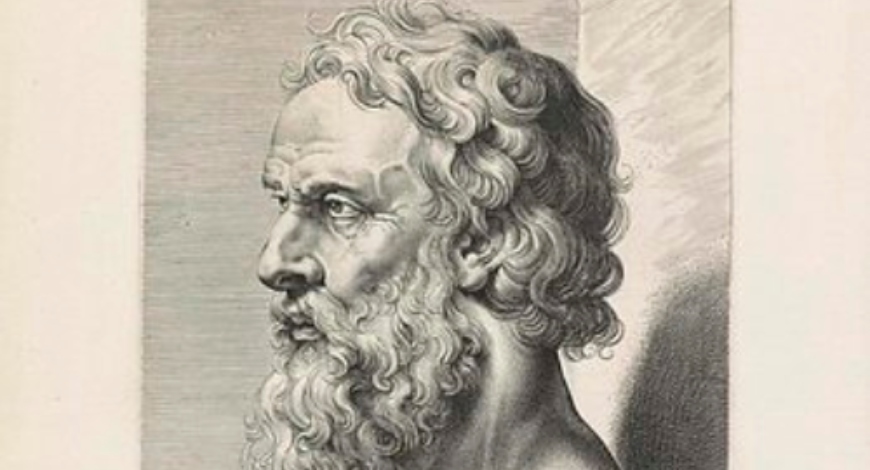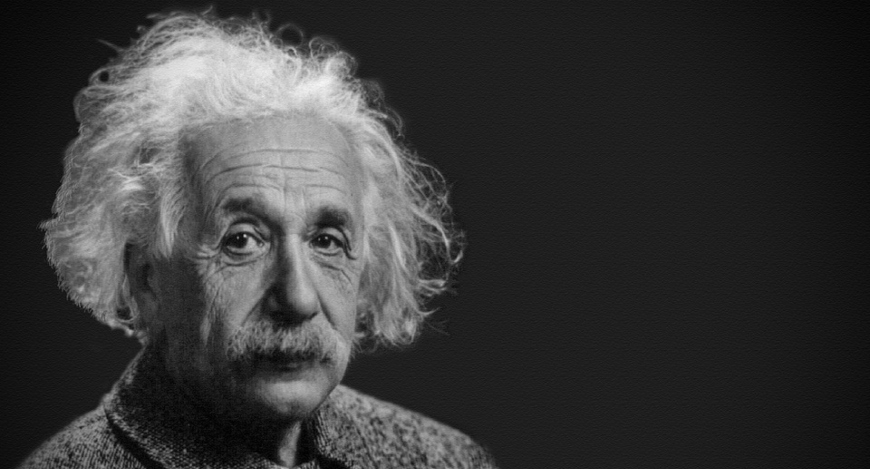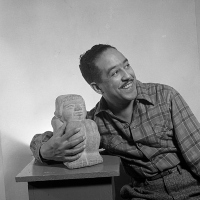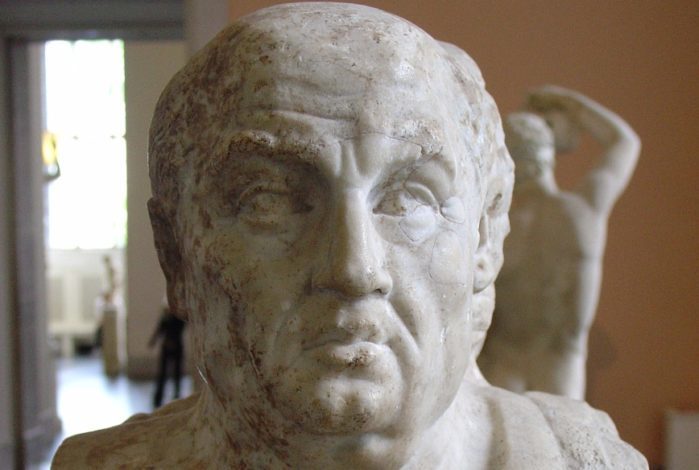Students are always being told to do their best and that there is intrinsic value to putting in a hard day of work, regardless of whether they achieve what they set out to do. Students are also expected to achieve results from their work. After all, there seems to be little value in working so hard if goals aren’t met in the end. All students must balance these conflicting expectations throughout their lives and figure out their own way to define the value of their efforts.
Not all questions are the same. Some challenge authority, break rules and send people down new pathways of thinking. They disrupt stale thinking patterns and cause discomfort. Other questions follow a safer road. They help clarify and gather new information. Regardless of how they are used, questions fuel critical thinking. The more questions our students ask, the more we truly know how much they are learning and, more importantly, how much they care about their education.
Everybody hates to be lied to. When that happens, we feel anger and disappointment. There is betrayal and a loss of trust. Enemies are created. But there is another kind of hate we feel when somebody tells us the truth, especially if it is a truth that we don’t want to hear. It’s that feeling we get when a teacher calls us out for not trying our best, or when a parent catches us breaking the rules. In those cases, we don’t want to hear the truth and we take our anger out on the messenger. Sometimes honesty hurts more than lies.
Being excluded for unpopular opinions hurts. Being excluded because of race, gender, ethnicity or sexual orientation is devastating. Exclusion devalues our humanity. That can make us bitter, resentful and angry. At these unpleasant moments we face crucial moral decisions– we can walk away and create space to preserve our dignity or we can stubbornly assert ourselves to gain acceptance and respect. Each decision carries consequences felt throughout our lives.
We often think of success in life as being tied up with the external rewards we get like money, fame or power. Life is viewed as a race to achieve these rewards. But maybe we are running the wrong race, maybe we should pursue more internal rewards like being a good person and doing the right thing. Aligning our life to the pursuit of moral values may not give us riches and fame, but it brings great value to the world.
Most agree that you can’t change much in the world if you don’t have the knowledge of what needs to be changed. With education comes understanding, perspective and a keen awareness of how to bring change into reality. Education is a powerful weapon indeed. But action in the form of protest and self-advocacy are also vital tools to effect change, and they don’t require an education as much as they require courage, spirit and drive. Knowledge and action must work together to make change happen.
The Langston Hughes’ poem “Dreams” provides students with a great opportunity to contemplate a person’s ability to pursue their own happiness. Without dreams, the poet states, our existence is merely “a broken-winged bird” or “a barren field.” If one just …
I like to have my students read an informative text about the 2010 happiness research from Princeton University, first shared by National Public Radio, which states that money can buy happiness, but only up to a certain income level– about …
One of my favorite texts to teach the theme of forgiveness is The Tale of Despereaux by Kate DiCamillo. In this story, the main character provides a great example of the importance of forgiveness and how holding onto anger and …
“Harrison Bergeron”, by Kurt Vonnegut, is a dystopian story that I like to use to address questioning authority. In the short story, the title character Harrison Bergeron defies the “Handicapper General” and pays the price with his life. Though it …
Sometimes doing the right thing means that you will face scorn and ridicule from other people. Often this opposition takes the form of angry words thrown against us. As much as these words hurt us, there is a different kind of pain we feel when those in whom we place our trust end up letting us down. Friends and enemies have the power to injure us and so we must find strategies for coping with both situations.
Anger is one of those emotions that we say is inherently dangerous and unpredictable. If we are angry, we are told to wait it out a little and let the intense feelings pass. Yet, sometimes getting angry is actually a wise strategy, especially if we feel that our loved ones are in danger or we must defend ourselves. A quick, smart angry response is the better solution. Students must learn how and when to use anger to achieve the best possible outcomes for themselves and others.















